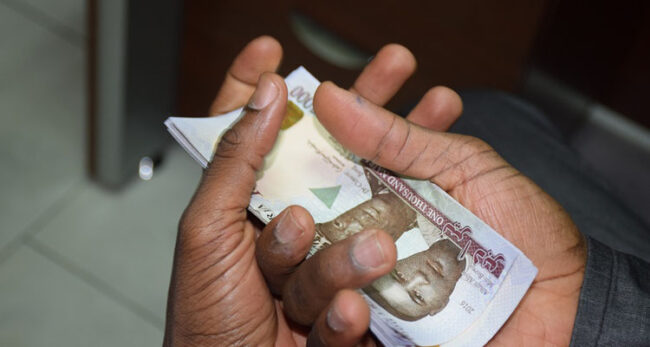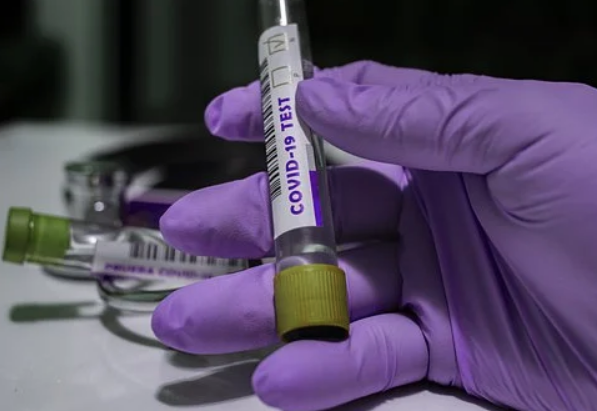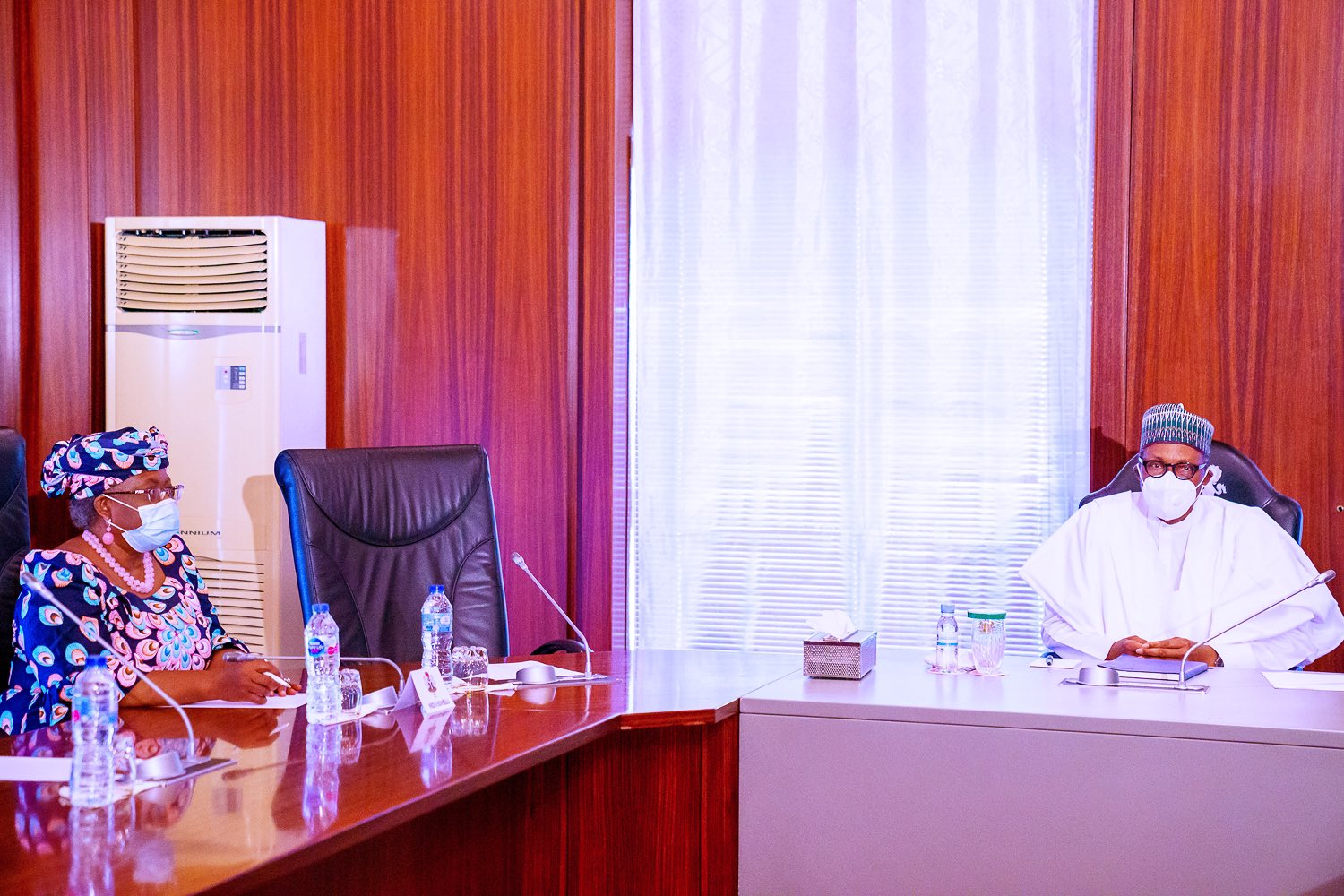A recent study says COVID-19 can remain infectious on surfaces such as banknotes, phone screens and stainless steel for as long as 28 days.
Previous studies had put the survival rate of the virus on bank notes at four days; stainless steel at two to three days and seven days on the outside of surgical masks.
But the findings from Australia’s national science agency suggest COVID-19 can survive far longer on surfaces than previously thought.
The study, published in Virology Journal, found the virus survived for less time at hotter temperatures and stopped being infectious within 24 hours at 40°C on some surfaces.
Advertisement
It also stayed longer on smooth, non-porous surfaces than on porous materials such as cloth, which was found to not carry any infectious virus for 14 days.
The researchers explained that all experiments were carried out in the dark, to negate any effects of UV light.
“At 20°C infectious SARS-CoV-2 virus was still detectable after 28 days post inoculation, for all non-porous surfaces tested (glass, polymer note, stainless steel, vinyl and paper notes),” the studt read.
Advertisement
“The recovery of SARS-CoV-2 on porous material (cotton cloth) was reduced compared with most non-porous surfaces, with no infectious virus recovered past day 14 post inoculation.
“These findings demonstrate SARS-CoV-2 can remain infectious for significantly longer time periods than generally considered possible. These results could be used to inform improved risk mitigation procedures to prevent the fomite spread of COVID-19.”
Add a comment







